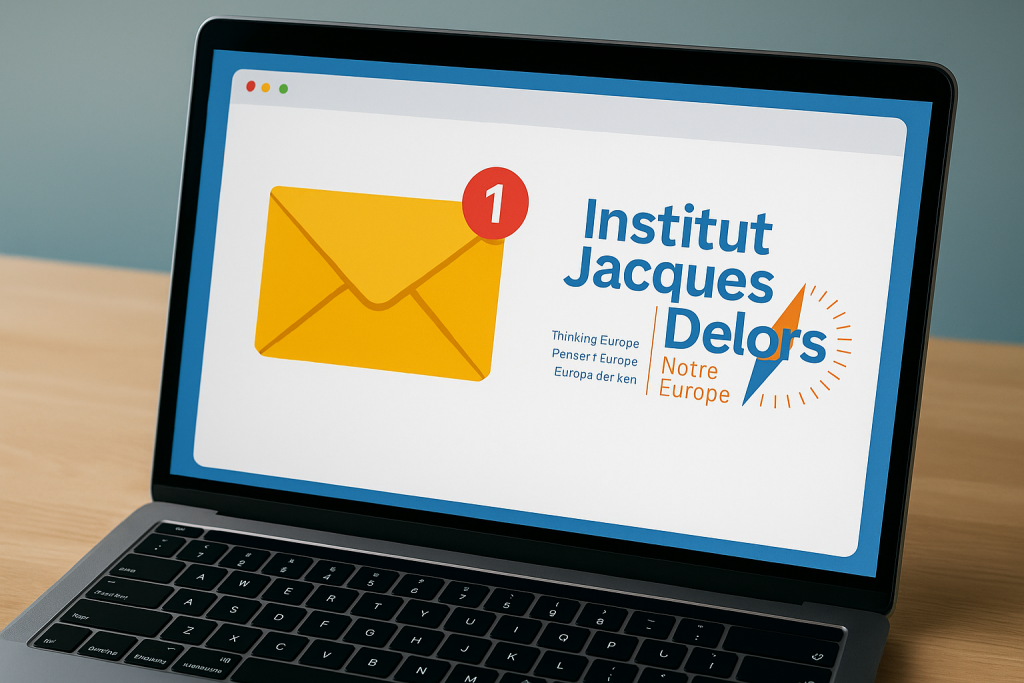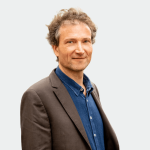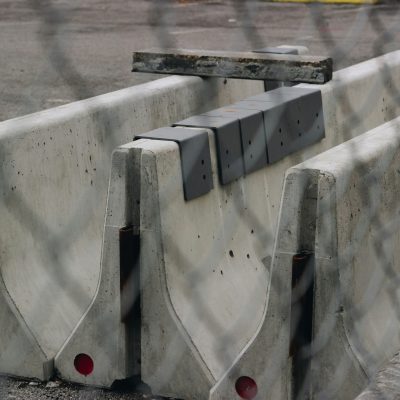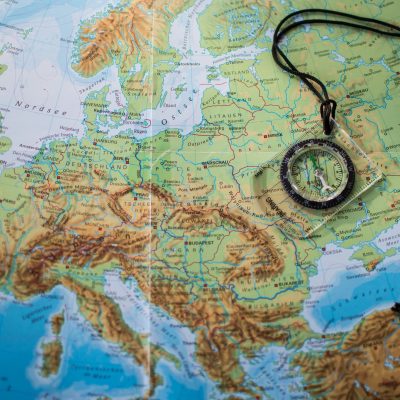
The war in Ukraine has brought enlargement back onto the European political agenda. The candidate status granted very quickly to Ukraine and Moldova, and perhaps this month to Bosnia and Herzegovina as recommended by the Commission, and the accession negotiations finally opened with North Macedonia and Albania, mark recent progress in a policy that seemed to have stalled. Enlargement is a process that is inseparable from a broader reflection on the unity of the continent, which is part of the new European Political Community launched by the founding summit in Prague on 6 October. Because it questions the historical, geographical and institutional dimensions of European integration, and because it fulfils its purpose while changing its course, enlargement deserved the in-depth and ongoing attention of our think tank. This is particularly true in France, which has traditionally been reluctant to embrace it. That is why, on 10 November, during a seminar on these issues at the Quai d’Orsay, concluded by Laurence Boone, Secretary of State for Europe, with broad Balkan participation, we announced the launch of a new Centre Grande Europe.
The name refers to the Delorsian expression for thinking about the continent as a whole. The new centre will initially focus on enlargement issues. Supported by the Open Society Foundation, it will pay particular attention to the Western Balkans. Through its publications, events, exchanges and training courses, it will promote a better understanding of the candidate countries and develop an analysis of the challenges of their accession and, more broadly, of the architecture of the continent, which is being shaken by the current war in Ukraine and to which the CPE is seeking to respond.
Like our energy centre, the Greater Europe Centre will be an integral part of our Institute. Entrusted to Lukas Macek, who heads the Sciences Po campus in Dijon, it will develop its activities in cooperation with the students of this university campus focused on Central and Eastern Europe.
In order to properly ‘think Europe’ today, according to the motto of our Institute and its sister institutions in Berlin and Brussels, we need to forge much closer ties with this entire part of our continent, which is under the influence of rival powers. If Europe wants to embark on a path to power, it must pass through these countries on our continent. It must be borrowed from them. The European Union risks losing itself in enlargement; on the contrary, it must stimulate it.




